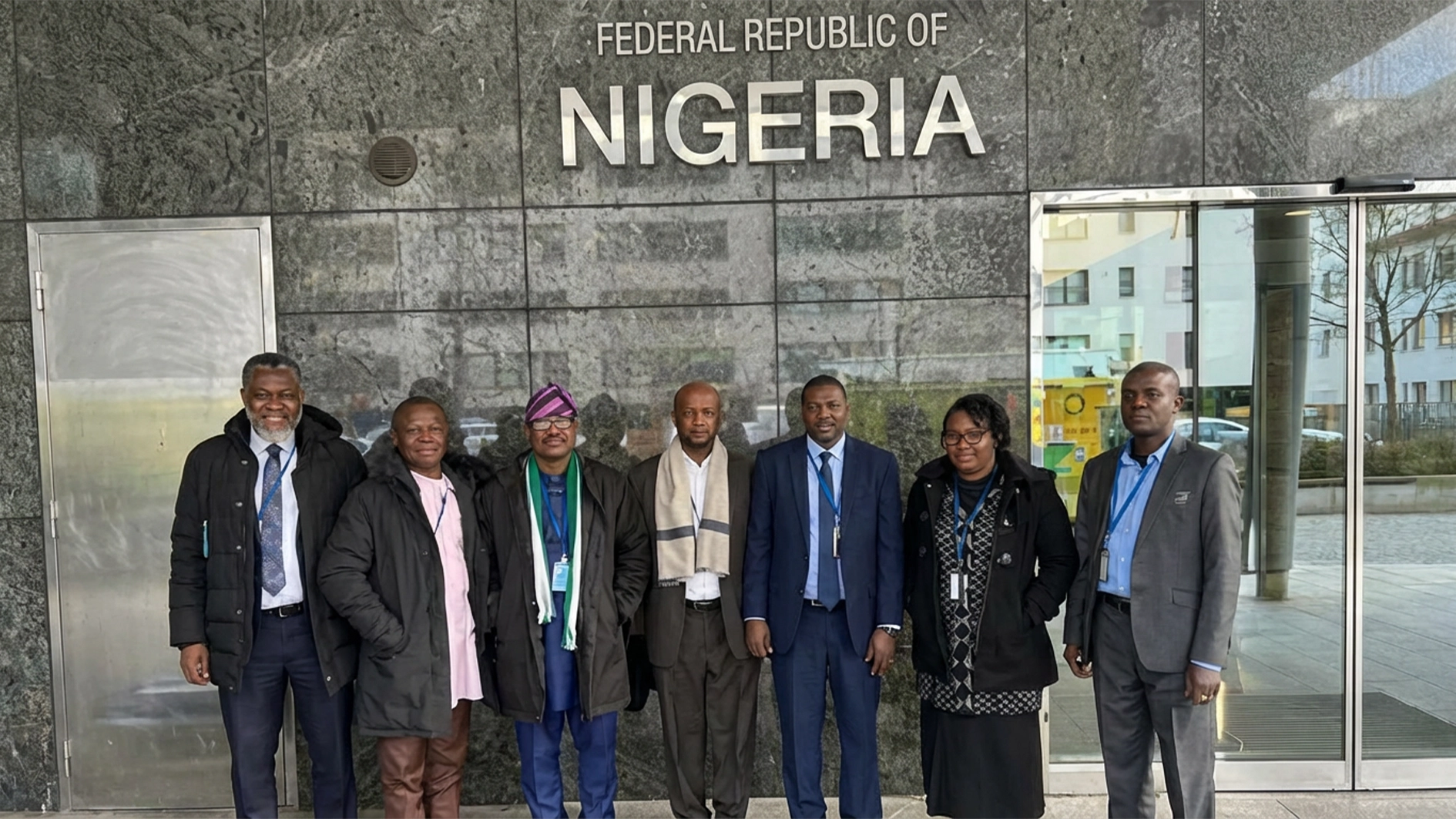For the first time, Chief Technology Officers (CTOs) and Chief Information Officers (CIO) in Nigeria will gather in Lagos to discuss the use of technology to transform the Nigerian oil sector, monitor output and security.
The event, which is slated from November 7, 2025 to November 9, 2025, in GRA, Ikeja, Lagos, is themed: Transforming the Oil and Gas Sector with Smart Technology.’
The retreat being organised by CPAAT Consulting will discuss the deployment of technology to monitor oil leaks to safeguard the environment, output and others.
CPAAT said that the retreat isn’t just another conference but a convergence of some of the sharpest minds leading Nigeria’s digital transformation, CIOs, CTOs, and decision makers across oil, gas, and energy.
It said that over the years, it has witnessed how technology can power real transformation and has also seen that innovation without strategy doesn’t go far.
The retreat is about helping industry leaders redefine what digital leadership looks like in a sector that’s critical to Nigeria’s economy and global competitiveness.
CEO, CPAAT Consulting, Folarin Banigbe said the three days retreat is aimed at getting CIOS to lead digital transformation required in the oil industry.
He lamented that war turned Libya produces about 3 million barrels a day but Nigeria is producing 1.5 million. “We have sound people in the industry so, there is opportunity for Nigeria to do more.”, he said.
“Our goal is simply to provide a reflective, practical, and engaging environment for CIOs to share experiences, tackle leadership challenges, and explore tools that are shaping the future of energy management from AI-driven operations to smart security systems and data-driven governance. We’re proud that this year’s retreat will host not just CIOs from oil and gas, but also technology innovators, regulators, and enterprise partners who are driving change across Africa’s digital economy.
When asked on what inadequate adoption of technology has deprived Nigeria of, he said: “We have lost billions of dollars. The oil spillage that happened in Ogoni and prevented oil companies from drilling due to environmental degradation could have been prevented if technology was deployed to monitoring the pipes. Most of the damages were human factor. People damaged pipelines and there was also equipment failure so, if technology was deployed, it could have detected equipment before it happened. If there were not spills, there won’t have been environmental damage, if there is no environmental damage, there won’t be community unrest which eventually shortens millions of dollars of production. For several years, companies couldn’t drill. Not as if oil companies are not using technology but it takes the industry to raise production, but if we continue to do it in a silos, we will not achieve the kind of result we should have achieved if we do it as a community. If you get a marginal well, you cannot build the infrastructure require to flow it and transport, you need to ride on someone else infrastructure, if you don’t deploy technology, you won’t be able to get what you could have.
It’s not about deploying technology only but on how we can stretch the technology to ensure that we have a value chain that helps us to increase production, reduce wastes and improve efficiency. The oil industry today is managed down by operating costs. The more we can drive down operating cost, the more we can increase the margin. Security, community unrest, production issues are driving operating costs in Nigeria so, we need a process driven technology and get better value chain from our procurement. With drones and technology entwined, when to replace a pipe could be predicted, small crack could be detected in real time.
Speaking also, CEO Gididrone Services, Kayode Mustapha, “With new technology, we can get more oil than what we thought we had and help us to get more out of the ground. An average well today costs $10 million and can either be broken or dry up but with technology, data and information could form decision and give confidence.






